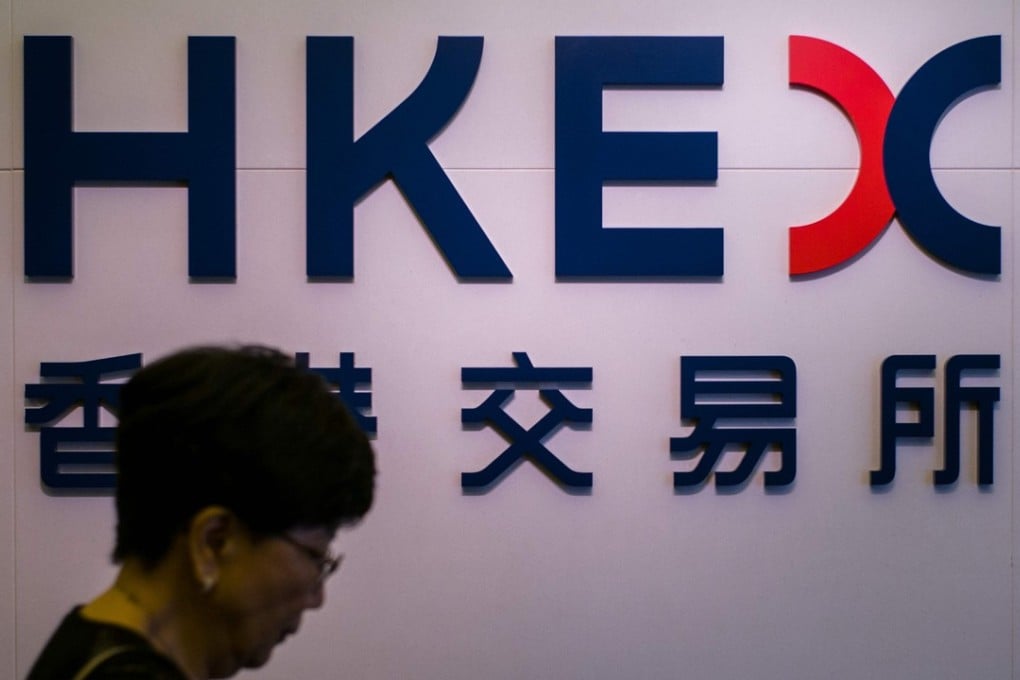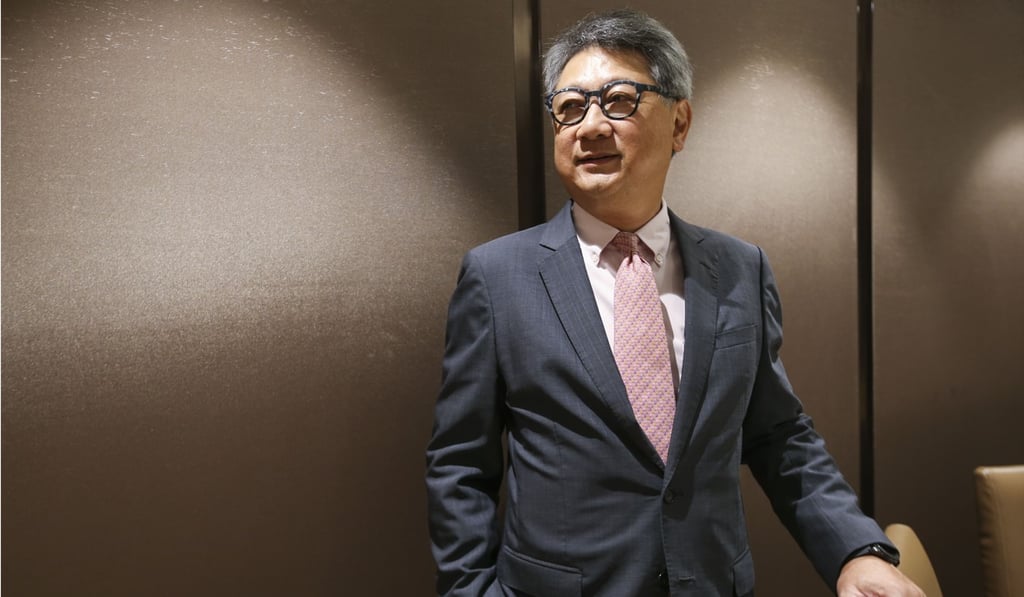Hong Kong stock brokers’ plea to government: Cut stamp duty to boost turnover
Hong Kong Securities Association is in talks with HKEX to launch new platforms for bond and funds trading and is keen too see more tech firms list

Hong Kong Securities Association will continue to press the government to cut stamp duty in a bid to boost market turnover, according to the newly elected head of the association.
Hong Kong stocks on Monday reached their highest level in nearly a decade after media reports said the bourse operator was considering asking government to cut the stamp duty on share trades. HKEX and government, however, both later denied any plan to change the stamp duty.
“The government is reluctant to cut the stamp duty as it is an important income source for the government,” said Gary Cheung Wai-kwok, the newly elected chairman of Hong Kong Securities Association, on Thursday. “However, it [government] should note that a reduction of stamp duty will cut down the overall transaction cost. This will boost market turnover and hence the income from the stamp duty would remain high.”

While many other markets no longer collect stamp duty, Hong Kong government still collects 0.1 per cent from the buyer and seller of the value of each stock transaction.
Stamp duty is the most expensive single item in stock transaction in Hong Kong, compared with broker’s commission at about 0.05 per cent of the transaction value, a 0.0027 per cent levy paid to the Securities and Futures Commission, and a 0.005 per cent trading fee paid to the stock exchange.